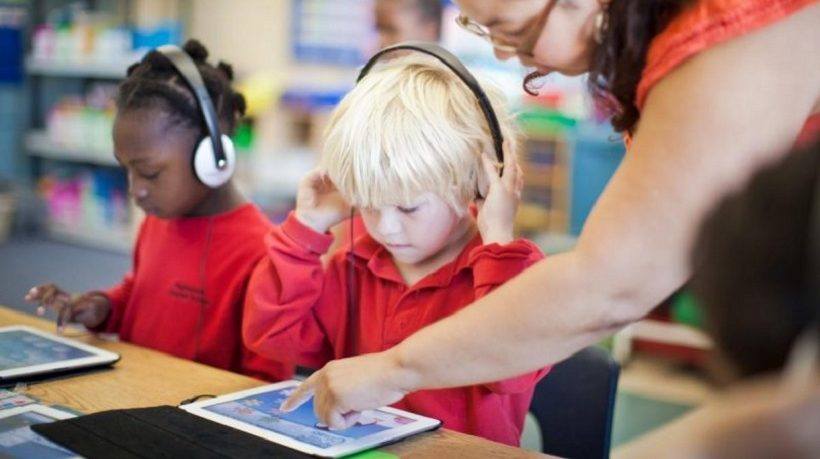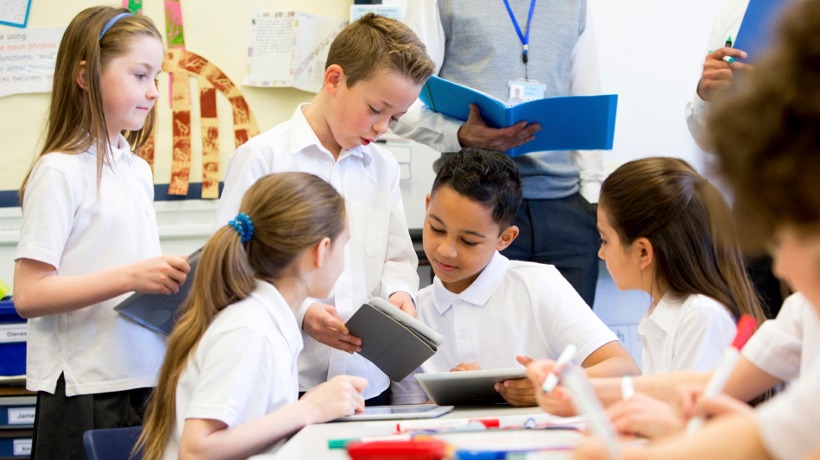The Benefits of BYOD In The Classroom
The current generation of students has grown up with technology and want to use it in every aspect of their daily lives — including school. They have an expectation that the same technology they use at home will be available at school too. Thanks to the mass consumerization of technology, students are now some of the most enthusiastic and savvy users of state-of-the-art mobile computing devices.
They keep their beloved mobile devices on them at all times, and are not just using them to communicate with friends or download music. In fact, they use technology to study or work on homework assignments and they believe that mastering the latest technology skills will improve their educational and career opportunities.
A couple of years ago I spoke to my principal and we both recognized an opportunity to make the most of the technology already in students’ hands, allowing them to use the technology with which they feel most comfortable — their own laptops, smartphones and tablets — in class. Students are allowed to use their personal devices to take notes, collaborate on class assignments, conduct Internet research and use cloud- based apps.
- Student participation increases.
Students like using their personal devices. In my classes they become engaged in whatever it is that they’re doing with their personal devices — including classwork, which becomes even more interactive when everyone has access to technology. Kids these days live for technology. It only makes sense to utilize their love for technology in the classroom if you really want to get them engaged. - Learning becomes student-driven.
Teaching in the digital age is becoming less about directly transferring knowledge and more about showing students how to sift through vast amounts of information to find the knowledge they need. BYOD has changed my teaching model. With the technology they are using for BYOD, students have more authority over their own learning. They can pose questions and do research instead of just listening to my lectures. - Student collaboration and communication increases.
Collaboration is key to engagement in today’s classrooms. My students use technology to communicate with their peers and with me. A BYOD initiative can provide students with far greater opportunities to interact virtually with teachers and work with other students on assignments, projects and content creation. - Cost Savings.
Although BYOD is really about delivering education in new ways, saving money is an important objective. With the students using their own mobile devices in the classroom, schools can save money on technology costs. My school does not need to spend a fortune trying to keep up with all the coolest technology that can be used for education these days, if students are allowed to use their own mobile devices. - Personalized instruction.
I use media to meet different learning styles. Then, all students can learn and excel at their own pace. By allowing my students to follow along with my interactive, multimedia lessons on their mobile devices, I give them more control over the pace at which they learn. Students spend countless hours outside the classroom on their mobile devices. So, why not use that to my advantage? I let them use their devices as engaging learning tools in the classroom. Then, they can easily bring their homework, educational games, projects with them. Everything they need to continue learning outside the classroom can be accessed anytime, anywhere, with the swipe of a finger. - A new way of learning.
Incorporating student-owned mobile computing devices into the curriculum has helped me transform my direct instruction methods into project-and inquiry-based learning opportunities. This pedagogical approach helps students learn by doing and gives them ownership of their education.









